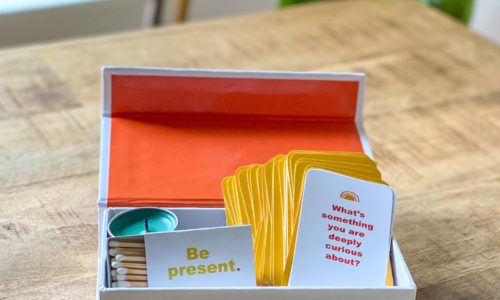#4. Let the children make more decisions.
At Acton, we push the power of most decision-making into the hands of children. (Exceptions: overall safety and learning design standards of excellence.)
Practicing this shift at home became a life lesson in listening and patience for me. It seemed much more efficient to deliver instructions and just tell my children what to do – often under the guise of giving advice.
But science backed up why relinquishing my control would be vital to their longterm well-being:
Mental health counselor, Dr. Laura JJ Dessauer, explains: “When they come home and talk about a mean peer or a problem at school what do you do? Do you react and rescue, slipping into your parents problem-solver mode and coming up with a plan of action? Essentially you are taking control of their ability to solve the problems they are encountering. This sends your child the message that they are not competent or responsible enough to figure out how to solve their problems and that someone else needs to do it for them. Imagine what this will look like as they become adults…they are likely to seek out relationships in which someone else has all the power and control.” (Psychology Today, 8/2/11.)
So what should we do when we feel the urge to jump in and slam dunk our child’s decisions for them?
“If you LISTEN, without offering advice, your child will likely figure out some things they can do differently,” Dessauer said.
It took one letter from my youngest son to realize the full benefit of this practice at home. When I returned from taking Sam to college, I found a letter he’d left on my desk:
“Thank you for letting me make my own decisions. I could tell it was hard on you – especially when I was making my decision about where to go to college. You stayed quiet and stood by me as I worked through the process. I knew you trusted me. I knew if I made a mistake it would be my own and I needed to know that. Thank you, Mom.”


